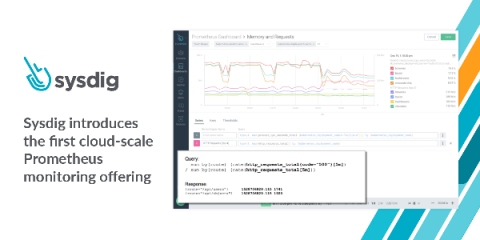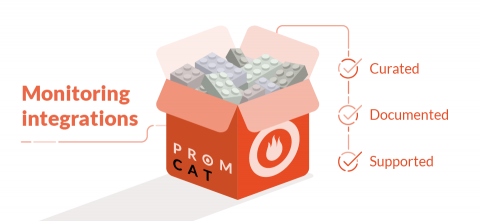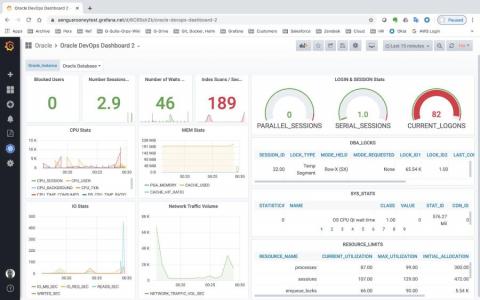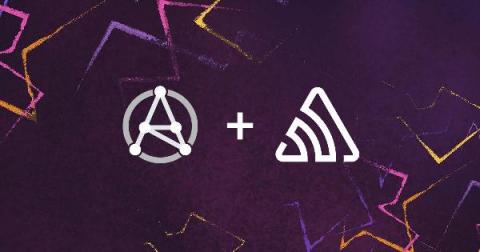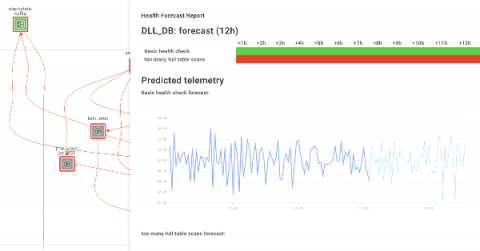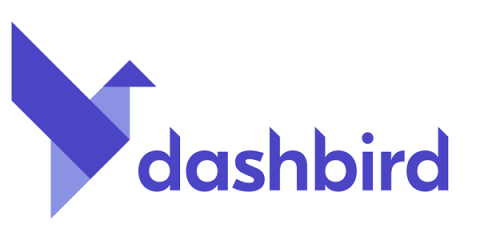How to Use gRPC in Elixir
In today’s post, we’ll learn what gRPC is, when you should reach for such a tool, and some of the pros and cons of using it. After going over an introduction of gRPC, we’ll dive right into a sample application where we’ll build an Elixir backend API powered by gRPC. Let’s jump right in!




